"*" indicates required fields
AZ Sint-Maarten: localisation of medical assets with RFID
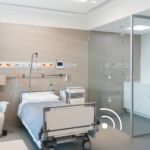
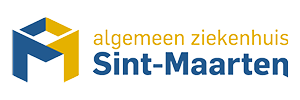
The customer
In 2018, AZ Sint-Maarten moved from its three campuses in Mechelen and Duffel to a large new hospital in Mechelen-Noord. With 643 hospital beds and 96 rooms in the day hospital, AZ Sint-Maarten is now the largest hospital in the region.
The challenge
The move into the new hospital was a unique opportunity for AZ Sint-Maarten to optimise the current logistic processes, including the localisation of more than 15.000 medical materials. In principle, all materials – such as beds, wheelchairs and blood pressure devices – have a fixed location, but in practice, goods often ended up at another location or were ‘hoarded’ due to a lack of time, resulting in longer search times and lost materials.
AZ Sint-Maarten was therefore looking for a system which could localise its medical materials and furniture in real time and then send the data to the ERP system.
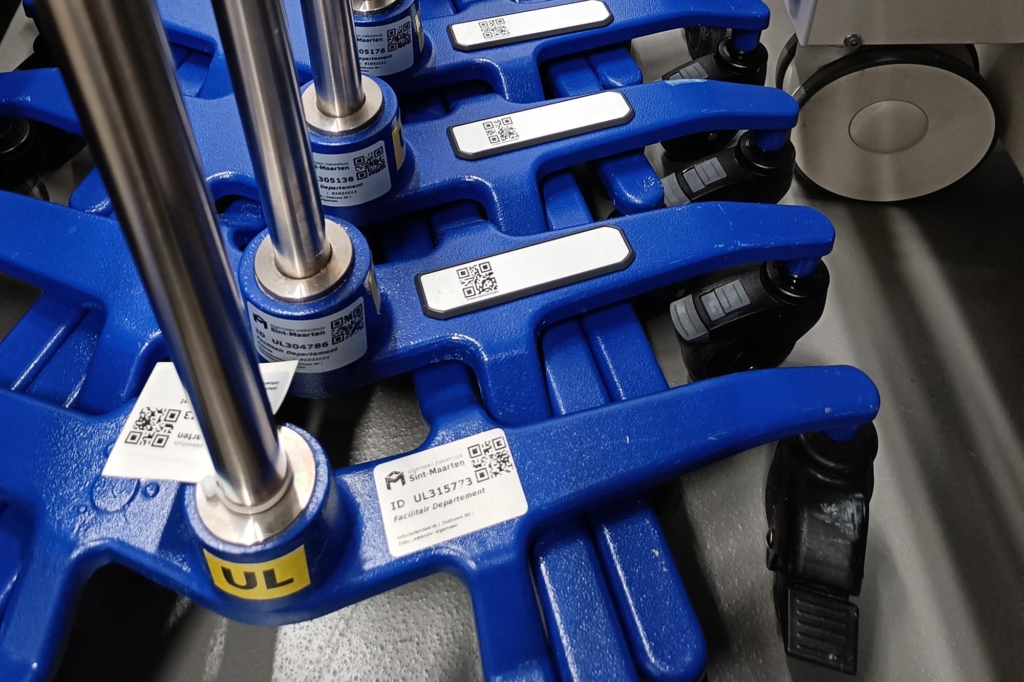
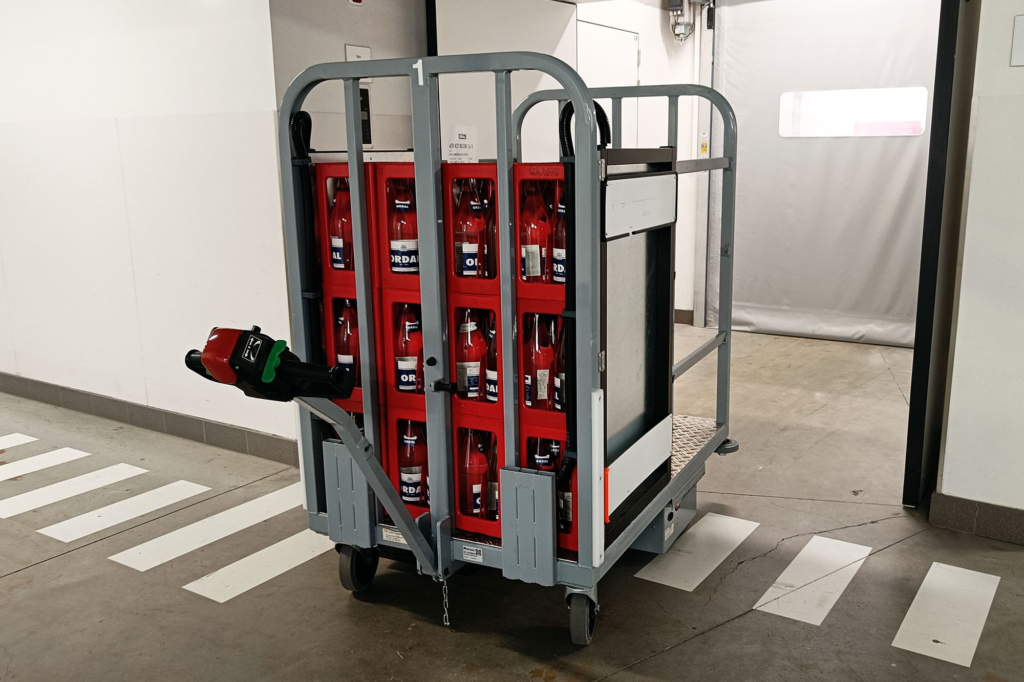
existi ng logisti c trolleys
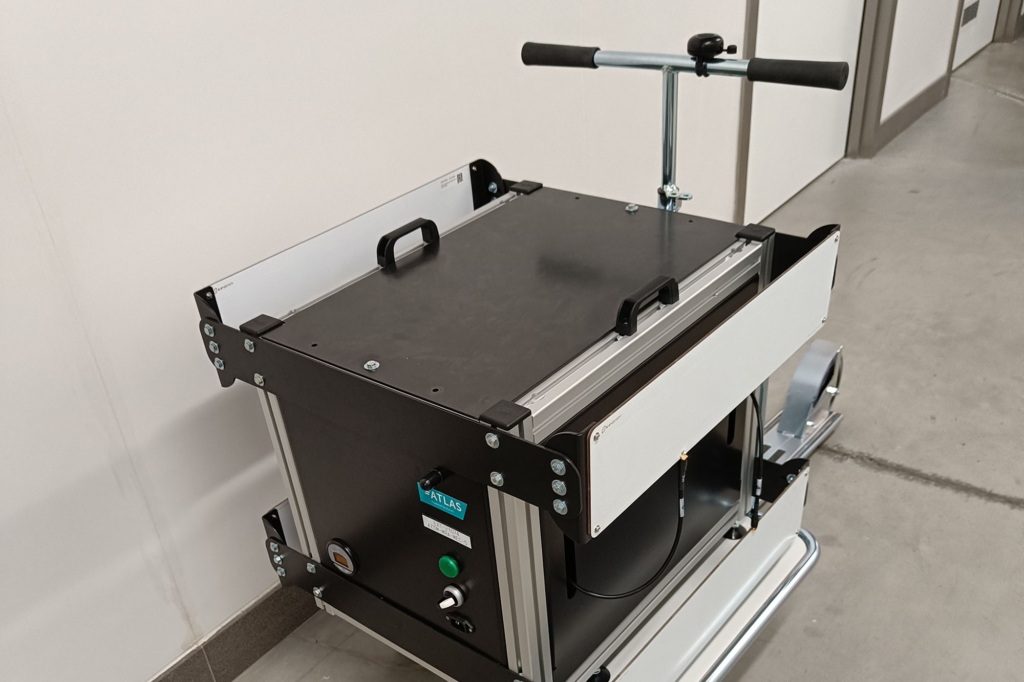
The solution
We suggested to implement our RFID Asset Tracking with POLARIS Asset Management software. By using passive RFID technology, we meet the requested requirements:
- No expensive, fixed installations throughout the hospital but limited mobile RFID equipment which is integrated in the existing logistic trolleys.
- The cost of RFID label tags is only a fraction of the price of active tags, so there is no limit to the number of goods to be localised.
Project flow
We performed a Proof of Concept to map the different types of material (metal, textile etc.) and to select the most suitable UHF RFID tag for each type of material. Furthermore, the tags need to meet the requirements of a medical environment they must be resistant to the frequent cleaning of the devices on which they are mounted, they must be dust-resistant etc.
Next, we integrated our RFID hardware kit with mobile RFID readers and antennas in some trolleys for logistic use. When following the existing routes, these trolleys pass daily along +/- 90% of the tagged assets: the staff do not have to perform extra tasks to identify the materials. In order to cover the remaining 10%, we also equipped one of the hospital’s transport steps with the RFID hardware.
All (6.500) door leaves in the hospital are equipped with RFID tags; scanning is simply done from the central aisle on each floor. The ERP system which processes the detections knows – up to room level – where which materials have been scanned.
The result
- Real-time localisation and inventory of medical devices, nursing material and furniture.
- Faster and more efficient functioning: the logistics hospital staff which use the trolleys automatically register the assets during their round.
- Tracking of each asset during the entire life span. This history enables a more correct planning of the periodic maintenance and/or the replacement of high-quality materials.
- Lower investment costs: as the materials are no longer lost, the staff get less frustrated and fewer assets need to be purchased.
- Passive tags do not require batteries or maintenance.
Watch below the case video
An RFID system customised to your needs
Our modular approach allows to elaborate a solution for you which perfectly meets your needs. Nothing more, nothing less.